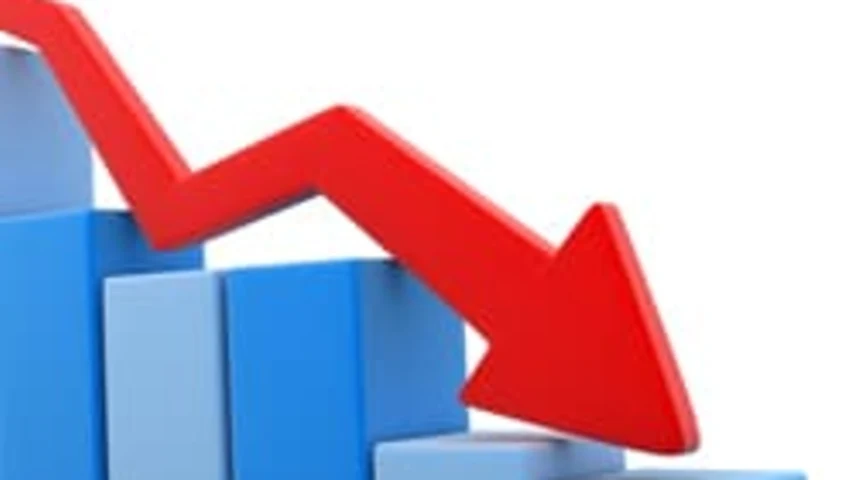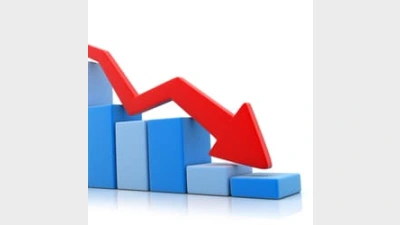Investment sentiment darkens, again



Monetary easing in both the US and Europe provided only short-term boosts to investor sentiment, according to the latest data released by funds tracking and analysis firm EPFR Global.
In its latest analysis, the company said the champagne that was uncorked in September in the wake of the US Federal Reserve and European Central Bank's confirmation of further quantitative easing had lost its fizz by early October.
It said this was because investors had switched their focus to America's "fiscal cliff" and Spain's efforts to escape the budgetary straight-jacket that accompanies eurozone bailout packages.
The EPFR analysis said this had resulted in European equity funds seeing a three-week streak of inflows come to an end, while US equity funds had posted their second consecutive weekly outflow.
It said flow data from the week ending 3 October also suggested that recent moves by central banks had prompted investors to reassess their strategies for maximising yield in such a low-interest environment.
The analysis said dividend equity and high-yield bond funds had posted outflows for the first time since June, while commitments to mortgage-backed bond funds had hit a 17-week high.
Socially responsible investments funds had recorded their best week since the first quarter, and both emerging market equity and bond funds had attracted over $1 billion in inflows.
Recommended for you
After introducing its first active ETF to the Australian market earlier this year, BlackRock is now preparing to launch its first actively managed, income-focused ETF by the end of November.
Milford Australia has welcomed two new funds to market, driven by advisers’ need for more liquid, transparent credit solutions that meet their strong appetite for fixed income solutions.
Perennial Partners has entered into a binding agreement to take a 50 per cent stake in Balmoral Investors and appoint it as the manager of Perennial's microcap strategy.
A growing trend of factor investing in ETFs has seen the rise of smart beta or factor ETFs, but Stockspot has warned that these funds likely won’t deliver as expected and could cost investors more long-term.











